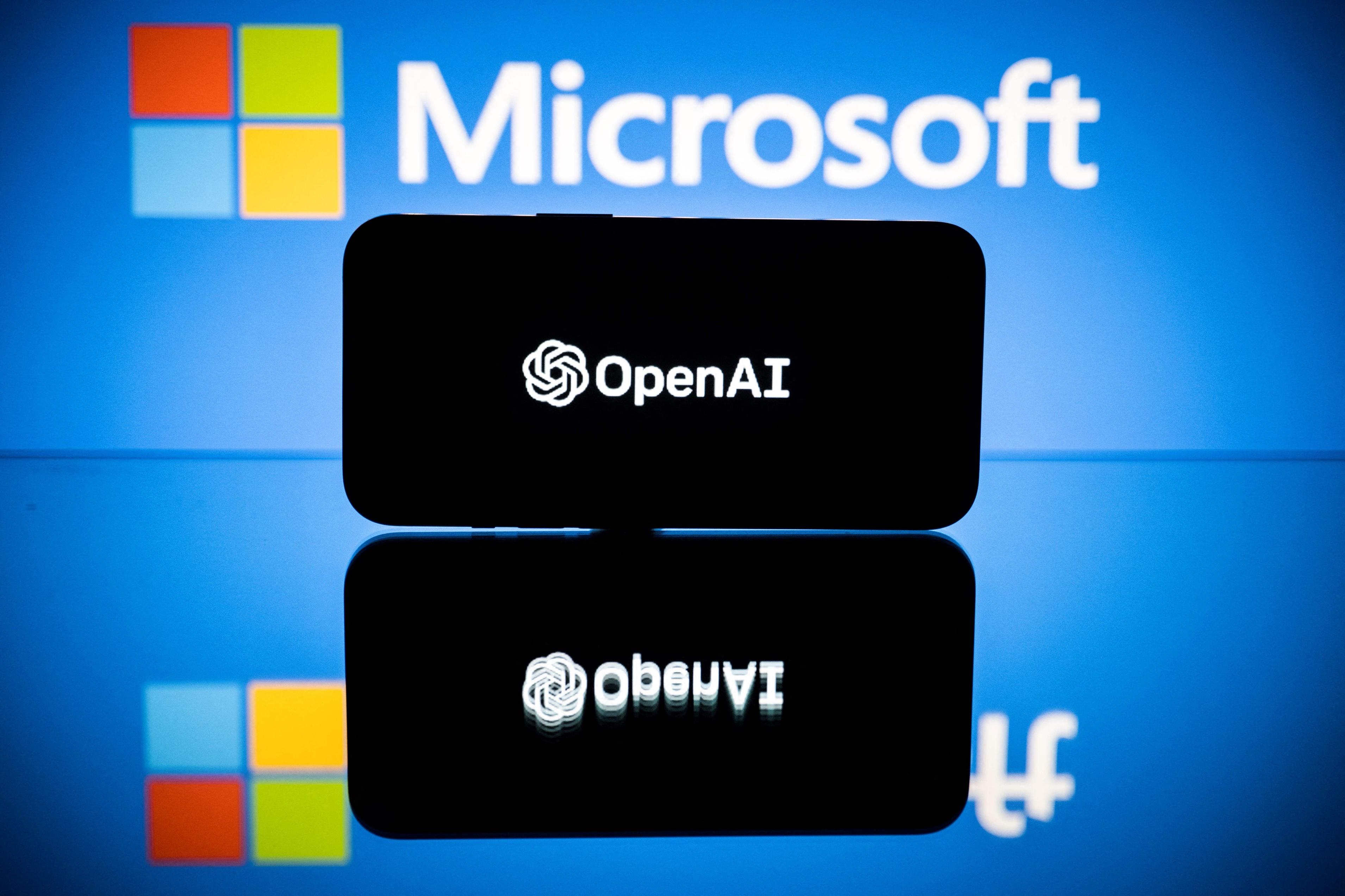A new study from Microsoft and Carnegie Mellon University suggests that reliance on AI tools may be diminishing our critical thinking skills. While AI promises increased efficiency, it might also be making us lazier thinkers, raising concerns about the long-term impact on human cognition.
AI Is Making You Dumber, Microsoft Researchers Say

Key Takeaways:
- AI Use Reduces Critical Thinking: Workers relying on AI engaged less in critical thinking activities.
- Dependence on AI Leads to Less Diverse Outcomes: AI users produced less varied solutions.
- Confidence in AI Decreases Perceived Effort: Trust in AI lowers the perceived need for critical engagement.
- Risk of Cognitive Atrophy: Automation may weaken essential thinking skills over time.
- Researchers Advocate for AI That Promotes Critical Thinking: Designing AI to encourage engagement may mitigate negative effects.
A Study Reveals AI’s Impact on Critical Thinking
A recent study conducted by Microsoft and Carnegie Mellon University has raised concerns about the effect of artificial intelligence (AI) on human cognition. By surveying 319 knowledge workers, the researchers found that increased reliance on AI tools could be diminishing our critical thinking abilities.
Decreased Critical Thinking Among AI Users
“The more the workers tapped AI for help, the less critical thinking they did,” the study reports. Participants who frequently used AI assistants tended to engage less in critical analysis, instead focusing on tasks like information verification and response integration. This shift suggests that while AI can streamline workloads, it may also lead to reduced mental engagement.
The Irony of Automation
A key finding from the study highlights a paradox in automation. “A key irony of automation is that by mechanising routine tasks and leaving exception-handling to the human user, you deprive the user of the routine opportunities to practice their judgement and strengthen their cognitive musculature, leaving them atrophied and unprepared when the exceptions do arise,” the researchers explain. By simplifying routine work, AI may inadvertently erode the very skills needed to handle complex or unexpected situations.
Less Diversity in Problem-Solving
People using AI for critical thinking tasks were “more likely to produce a less diverse set of outcomes for the same task, compared to those without,” according to the study. This homogenization of responses could stifle creativity and innovation, as individuals become more dependent on AI-generated solutions.
Trust in AI Reduces Perceived Effort
The study notes that AI tools “appear to reduce the perceived effort required for critical thinking tasks among knowledge workers, especially when they have higher confidence in AI capabilities.” Workers who trust AI may disengage mentally, believing that the technology can handle complex thinking on their behalf. Conversely, those confident in their own skills perceive greater effort when evaluating and applying AI responses.
Balancing Efficiency and Cognitive Skills
While AI undeniably facilitates improvements in worker efficiency, the trade-off may be “inhibit[ing] critical engagement with work and can potentially lead to long-term overreliance on the tool and diminished skill for independent problem-solving.” As AI tools become more prevalent—with OpenAI’s ChatGPT boasting over 300 million monthly active users—the implications for human cognition could be significant.
A Parallel with Spell-Check Tools
The debate over technology making us less proficient isn’t new. Similar concerns have been raised about spell-checking tools like Grammarly and autocorrect potentially making us worse spellers. While there’s “no academic consensus,” these tools have “certainly made us lazier spellers.” AI might be following the same pattern, making us lazier thinkers.
Designing AI for Cognitive Engagement
Despite the potential downsides, the researchers remain optimistic. They believe their findings “can help design AI tools that emphasize opportunities to practice critical thinking in an effort to stimulate development and prevent atrophy.” By creating AI systems that encourage user engagement and critical analysis, it may be possible to harness the benefits of AI without sacrificing cognitive skills.
Looking Ahead
As Big Tech continues to invest billions into accelerating AI development, understanding the impact of these tools on our minds is crucial. Overreliance on AI could leave a “dent… on our thinking faculties,” so more research and mindful design are essential to ensure that technology enhances rather than diminishes human capability.











